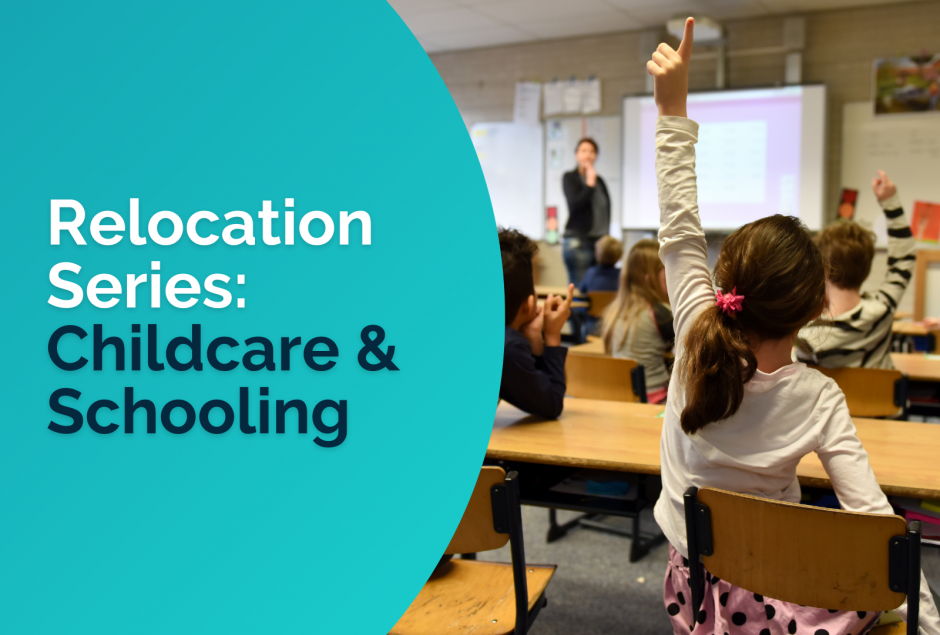 Menu
Menu
 Menu
Menu
It is increasingly common for parents to decide to work abroad and take their children with them and this is certainly one of their biggest fears. They want to know how the system works; how much they will need to pay; where their children can study. Below is the answer to many of the questions you have regarding the care and education of your children in Ireland.
The Irish education system is made up of primary, secondary, tertiary and higher education. Education is compulsory for children in Ireland from the age of 6 to 16 years or until students have completed three years of second level education. Most children in Ireland start school at the age of 4. State-funded education is available at all levels unless you choose to send your child to a private institution, where the fees will vary.
Pre-school education is usually provided by privately funded child-care facilities or providers. A lot of kids younger than five will go to the likes of Montessori nurseries or daycares.
The Early Childhood Care and Education (ECCE) Programme is a universal free preschool programme available to all eligible children for up to 2 years before starting primary school. The programme is provided for three hours per day, five days per week over 38 weeks per year and the programme year runs from September to June each year.
There is one point of entry at the beginning of the programme year. The programme will be available to all children who have turned 2 years and 8 months of age before September 1st as long they won’t turn 5 years and 6 months of age on or before June 30th of the programme year.
Children do not have to attend school until the age of 6 but it is usual for children to begin school the September following their 4th birthday. 4-year-olds and 5-year-olds are enrolled in the junior or senior infant classes, being a total of an 8 year cycle. Primary schools are generally privately-owned by religious communities (or boards of governors) but are state-funded. Check here for more information about primary schools.
 Second Level Education
Second Level EducationSecond level education is provided by different types of post-primary schools. That is, secondary, vocational, community and comprehensive schools. Second level education consists of a 3-year junior cycle, followed by a 2-year or 3-year senior cycle depending on whether an optional Transition Year is taken following the Junior Certificate examination. Students generally commence the junior cycle at the age of 12. The Junior Certificate is taken after three years.
Third level education is made up of a number of sectors. The university sector, the technological sector and the colleges of education are substantially funded by the State. In addition there are a number of independent private colleges. There are 7 universities and they are autonomous and self-governing. They offer degree programmes at bachelor, masters and doctorate level. The technological sector includes institutes of technology which provide programmes of education and training in areas such as business, science, engineering, linguistics and music to certificate, diploma and degree levels. The Department of Education has overall responsibility for the sector. There are 5 colleges of education. These specialise in training for first level teachers. They offer a 3-year bachelor of education degree and an 18-month post-graduate diploma.
If you are interested in working as a pharmacist, nurse or GP in Ireland, please contact me directly at the button below, I will be happy to discuss the requirements and process and inform you of the amazing opportunities available.
